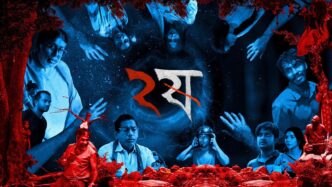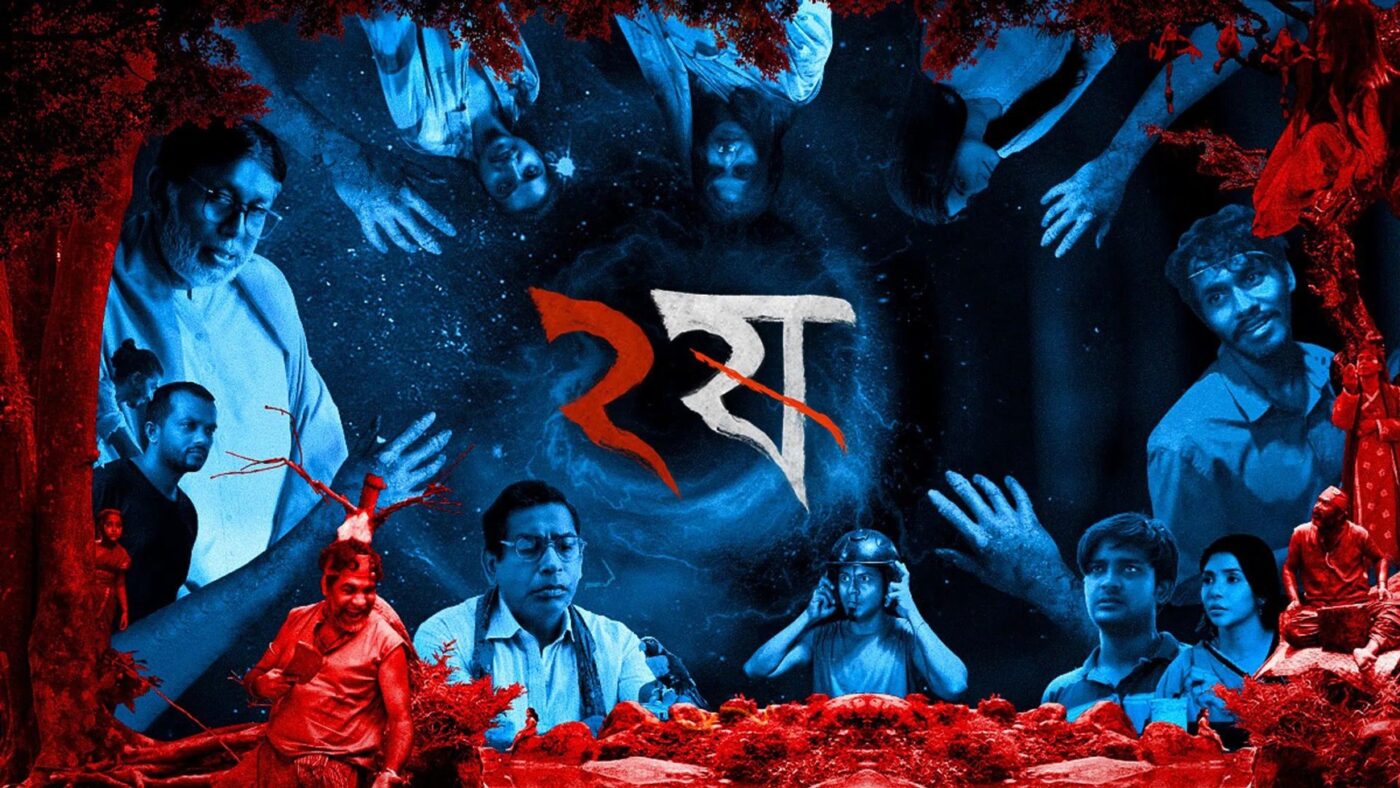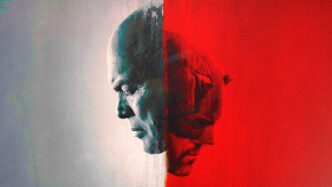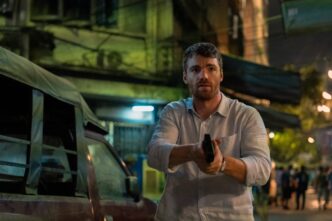A Different Kind of Horror
Summary
Dui Shaw is a gripping horror anthology blending folklore, societal critique, and psychological depth. Each episode explores themes like time, fate, memory loss, and ambition, delivering chilling tales with profound reflections on human nature and societal flaws.
Overall
-
Plot
-
Narrative
-
Acting
-
Horror
-
Direction
-
Pacing
The horror genre has long provided filmmakers with a fertile ground to explore deep-seated psychological and societal themes. It is a space where fears can be magnified, and where everyday anxieties can be recast in haunting, sometimes supernatural narratives. In Dui Shaw, the newest installment of the Pett Kata Shaw anthology series, these traditional techniques are taken to a higher level of sophistication and thematic depth. The show ventures beyond cheap scares to present a layered tapestry of folklore, supernatural horror, and profound introspection. It compels viewers to reflect on the relentless march of time, the burden of predestined fate, the anguish of losing one’s memory, and the destructive power of unbridled ambition. Each episode stands as a self-contained story but, when taken together, they form a provocative mosaic that examines guilt, identity, and the social forces that shape human behavior.
One notable aspect of Dui Shaw is its daring blend of horror tropes with searing critiques of societal and religious structures. Traditional horror films often rely on visual shocks, eerie atmospheres, or ghosts and demons to unsettle the viewer. Here, however, the series goes further by highlighting how political corruption, social injustice, and the misuse of religious influence can conjure terrors far more unsettling than any monster lurking in the dark. Through folkloric narratives, each episode uncovers hidden tensions that drive individuals toward moral compromise and, ultimately, tragedy.
From the opening moments, it becomes apparent that Dui Shaw seeks to pose urgent questions about human nature and the fragile line between personal choice and societal pressure. Are our actions primarily governed by our own decisions, or are we puppets manipulated by political systems, religious institutions, and social hierarchies? Can anyone truly escape the consequences of past misdeeds, or are we all, in some sense, bound to a fate we cannot outrun? The series does not offer easy answers. Instead, it asks viewers to explore the layers of each story, finding cautionary lessons that resonate on multiple levels. While it delivers chills, it also encourages a reflective look at how we navigate ethical dilemmas and existential uncertainties in the real world.
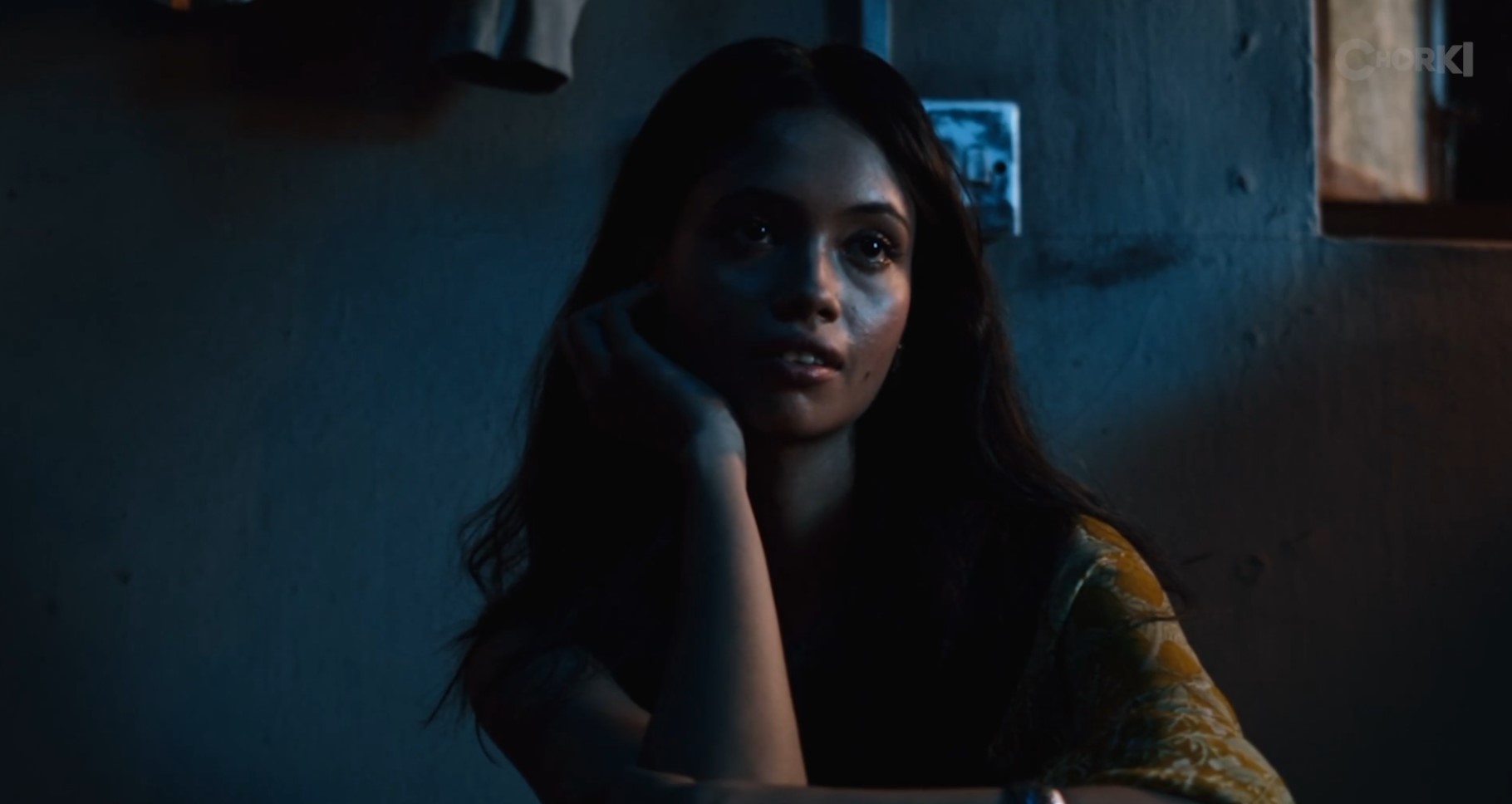
The first episode, Waqt, begins with a group of young men who appear both directionless and eager for any thrill to stave off their boredom. Their desires—winning a young woman’s attention and acquiring a coveted superbike—drive them to commit a crime that sets off a series of harrowing incidents. One such incident is a devastating fire in Jatrabari, a catastrophe that marks the beginning of their decline. Despite the severity of their misdeeds, these men proceed with their lives as if they are somehow beyond the reach of karmic or legal repercussions.
Not long after, their paths intersect with a supernatural force linked to Islamic prayer times, adding a mystical dimension to their unraveling. One of the perpetrators, Altaf, encounters an enigmatic woman before suffering a gruesome fate. His death acts as a grim harbinger, indicating that each man’s turn will come in accordance with set prayer times. As one demise follows another, the show emphasizes that what they believed to be cosmic justice might indeed be a tangible manifestation of punishment in this world. This idea intersects powerfully with Islamic concepts of an afterlife, as the men face horrendous punishments that may be preludes to even greater torment beyond death.
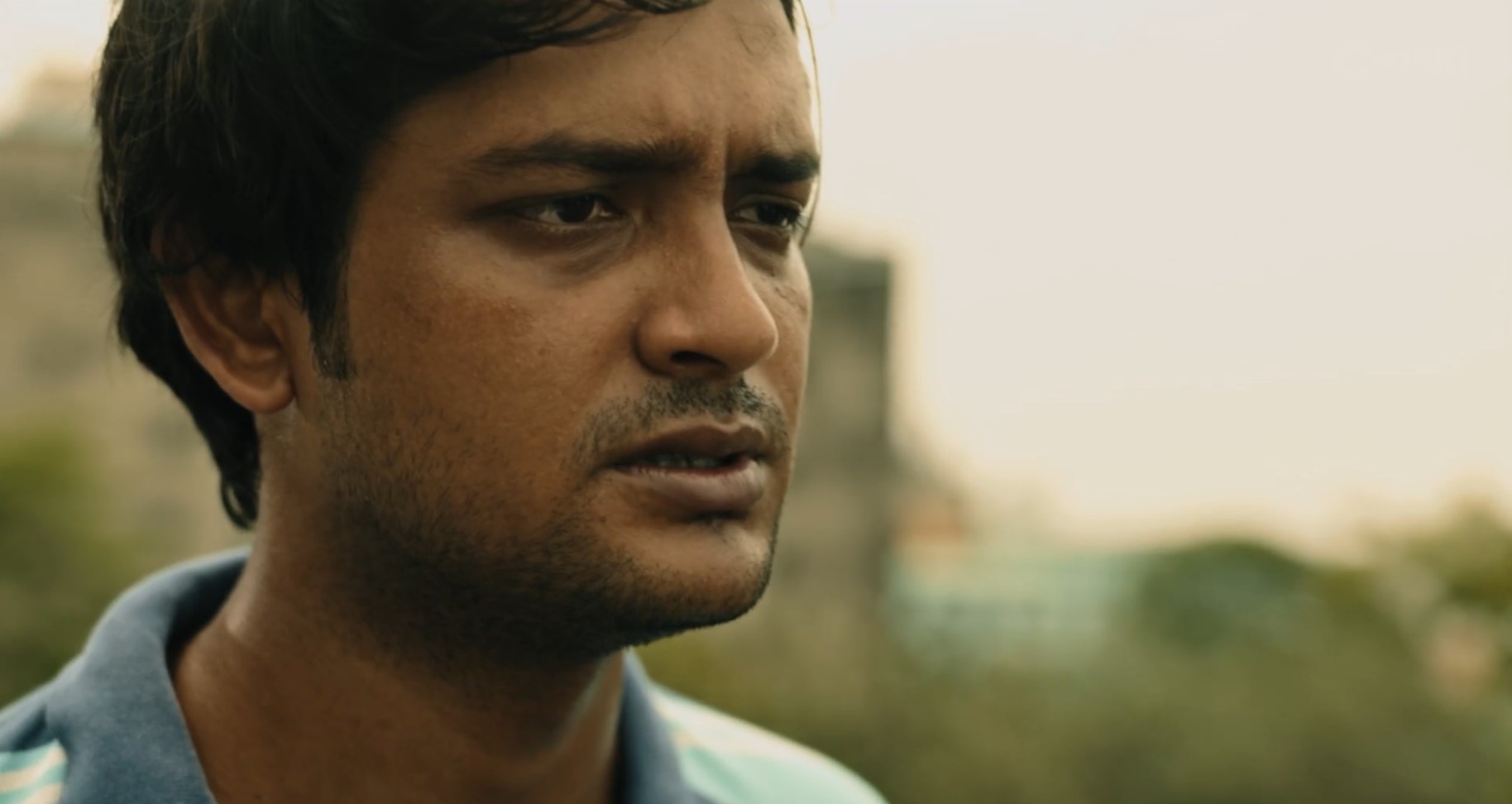
Underneath its chilling exterior, Waqt offers a penetrating critique of societal structures that perpetuate criminality. The men are not simply thrill-seekers; they are byproducts of a socio-political system that manipulates the disenfranchised. Religious doctrines become tools of oppression wielded by the elite, twisting fundamental beliefs into instruments of control. Rather than offering salvation, these dogmatic interpretations feed extremism and exploitation. Within this framework, Waqt underscores the notion that supernatural horror becomes more potent when it reflects tangible injustices. Time, in the episode, is both merciless and methodical, aligning with the prayer schedule to mete out retribution, suggesting that no amount of evasion can alter the ultimate reckoning. This chilling message warns that unchecked power, whether secular or religious, can devastate entire communities, especially when marginalized groups are coerced into conflict or criminal activity.
While Waqt deals with the unstoppable nature of time, Bhaggo Bhalo delves into the frightening concept of predestination. In this second episode, the story focuses on a gifted palmist who claims his predictions about the future are infallible. Although this ability might initially appear to be a blessing that offers solace, it soon becomes clear that it carries a profound and inescapable burden. Each prophecy foretells tragedy, and the palmist is powerless to alter the course of fate. Even if he warns his clients of impending disasters, they inevitably slip into the very misfortunes he has described.
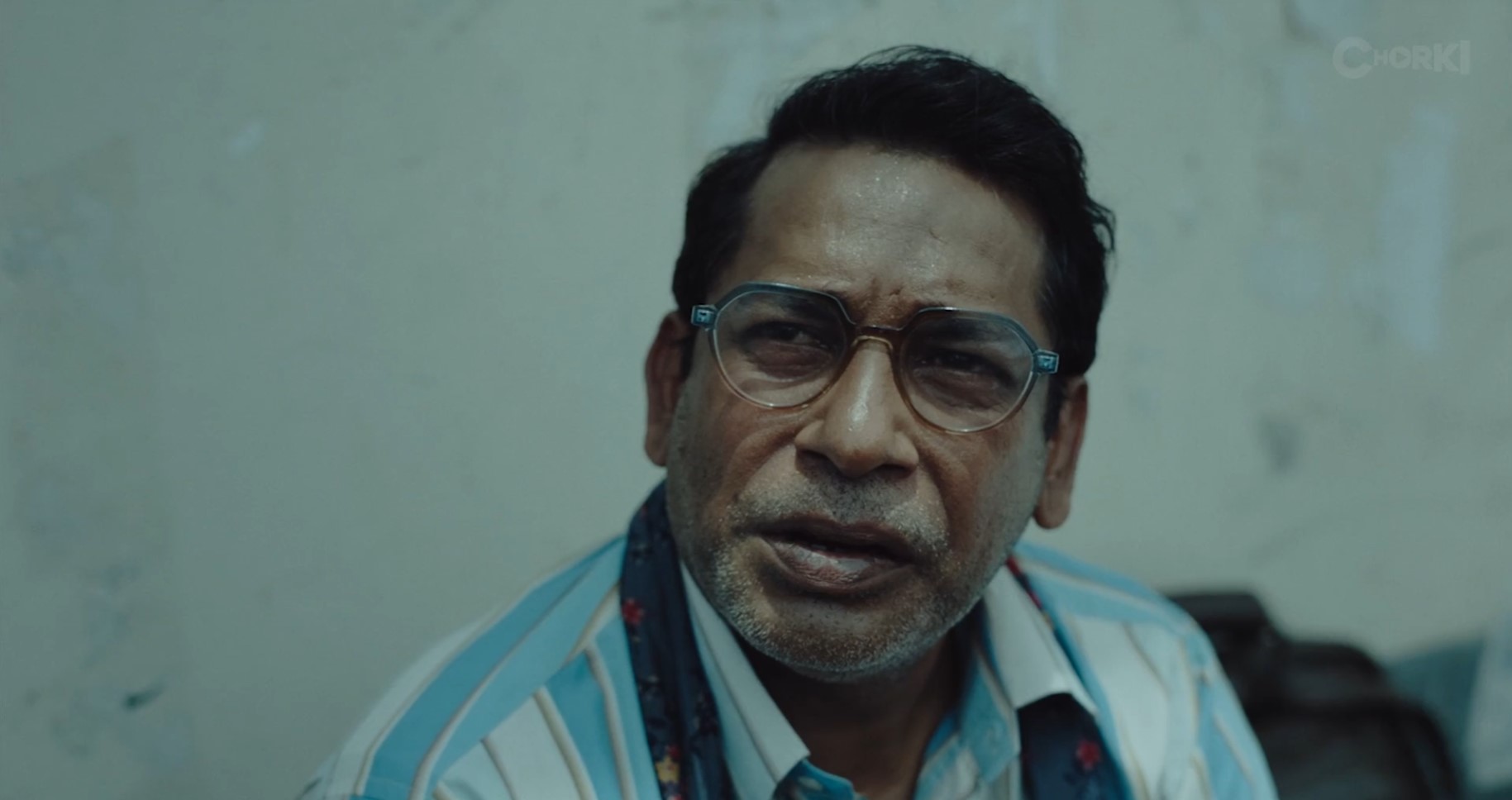
For the palmist, this knowledge is torturous. He sees himself as both a reluctant participant and a helpless observer in a predetermined universe. Instead of liberating people from uncertainty, his skill traps them in a cycle of dread. The tension heightens with every prediction because it seems that the very act of articulating fate seals the doom it describes. His anguish grows as he realizes the inevitability of these outcomes, culminating in the haunting moment when he must confront his own destiny, one he has known all along to be irreversible.
Bhaggo Bhalo illustrates the existential dread that surrounds free will and fate. Is it truly a comfort to know one’s future if no one, not even the person who foresees it, can change its course? This question reverberates throughout the episode, pressing viewers to think about whether they would want such knowledge at all. The palmist’s final realization that ignorance might have been more merciful adds a tragic note that lingers. By weaving psychological tension into themes of prophecy and inevitability, the story underscores some horrors are rooted not in the supernatural but in the crushing weight of certainty.

Shifting from the dread of time and fate, the third episode, Antara, explores the profound horror of memory loss and the disintegration of identity. Antara, the protagonist, is entrapped in a marriage to a devil-like figure who exerts complete control over her. Through insidious means, he erodes her recollections until she can no longer remember life before their union. Rather than relying on overt ghostly apparitions or demonic possessions, the episode crafts an atmosphere of creeping psychological terror. Every small detail in the house—chipped wallpaper, unrecognizable labels on daily objects—contributes to an unsettling reality where forgetting becomes a cage from which there seems to be no escape.
As Antara struggles to piece together fragments of her past, viewers are drawn into a tense examination of how memory shapes our sense of self. If every recollection is stripped away, who remains beneath the surface? The episode posits that identity may be as fragile as the memories supporting it. Antara’s husband, with devil-like authority, plays the role of a manipulator who uses her amnesia to assert dominion over her thoughts and actions. By controlling her environment, he systematically dismantles her independence, reminding her at every turn that forgetting is a chilling form of imprisonment.
This narrative calls attention to how oppressive forces—whether individuals, institutions, or ideologies—can dominate those who have lost sight of their personal histories. The final revelation, that Antara’s memory erasure is perpetual, underscores how devastating the absence of self-awareness can be. The real terror emerges from the knowledge that she will never truly regain who she once was, leaving her at the mercy of an abuser who delights in her vulnerability.

The last episode, Beshura, concludes the anthology with a dark exploration of what occurs when ambition spirals out of control. The central character is a talented singer who dreams of becoming famous, yearning for the applause and admiration of the masses. Initially, her motivations appear harmless, even inspiring, as she pursues her passion for music. Yet, as her ambition grows, it consumes her life and moral compass. She begins to see validation not as a bonus but as the only measure of her worth, driving her to take increasingly desperate steps to stand out.
The horror in Beshura does not hinge on ghosts or monstrous creatures. Instead, it reflects the real-world nightmare of losing one’s humanity to an obsession. The singer alienates those around her, sacrifices her ethics, and even jeopardizes her mental stability. Each choice she makes serves as a grim reminder of how easily people can become ensnared by the promise of fame. Society’s tendency to applaud the most dramatic or provocative behavior feeds this vicious cycle. The episode thus raises the question: Does the pursuit of external approval eventually consume our true selves, or is there a point at which we can still pull back?
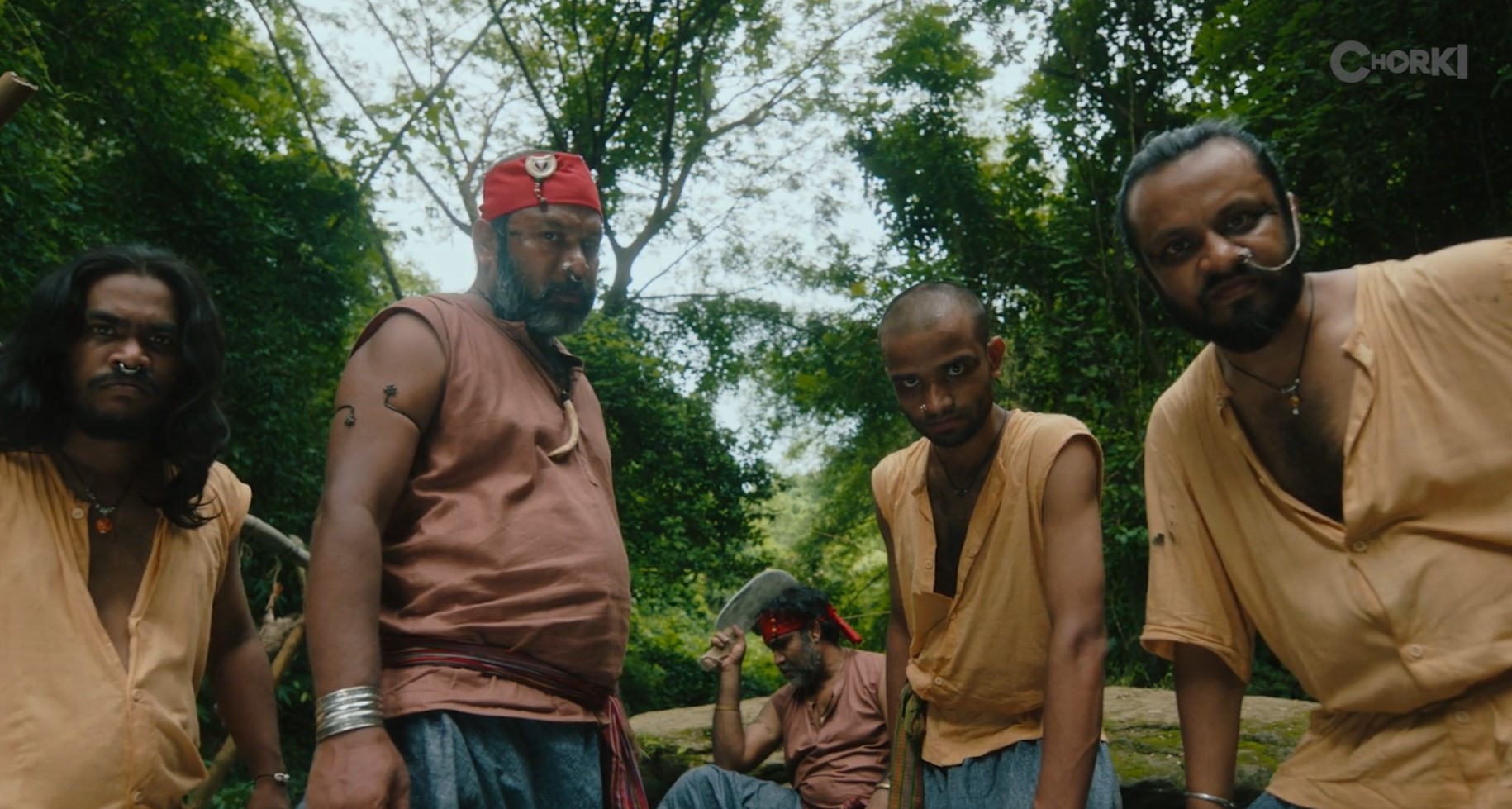
By the story’s end, the singer reaches a tragic downfall. She stands before an unresponsive crowd, her dreams shattered and her sense of identity frayed beyond recognition. In this narrative twist, Beshura underscores how an unrelenting hunger for recognition can spark self-destruction. It also serves as a scathing commentary on a culture that prizes spectacle over authenticity, leaving genuine artistry and personal values trampled underfoot.
Taken as a whole, Dui Shaw presents an arresting collection of folkloric horror and incisive social critique. The four episodes—Waqt, Bhaggo Bhalo, Antara, and Beshura—each examine different facets of what can truly terrify human beings. Time becomes an inescapable tyrant, sealing the fate of wrongdoers. Predestination lurks as an existential trap, rendering knowledge of the future more a torment than a gift. Memory loss robs individuals of their autonomy, leaving them at the mercy of manipulators. Ambition turns into a destructive force, driving talented people to forsake everything that once defined them.
Though each episode stands alone, they converge around the idea that true horror often lies in the ways we imprison ourselves or others—whether through ideological constraints, misguided pursuits, or the corruption of genuine belief systems. Dui Shaw compels audiences to confront the darker aspects of society and the human psyche. With its use of supernatural elements, it engages the audience on a visceral level. Yet the real power of the series is the unsettling realization that the evils depicted could emerge as natural extensions of our most dangerous inclinations.
In weaving traditional folklore into present-day socio-political contexts, Dui Shaw delivers horror that resonates on a cultural and psychological level. It challenges viewers to consider what truly makes a monster. Is it an otherworldly being, or is it an ordinary person plagued by systemic injustice, a twisted sense of purpose, or a desperate need for recognition? The show’s reliance on well-known cultural motifs, such as prayer times and palmistry, lends familiarity to the uncanny, intensifying the sense of dread when reality overlaps with the spectral or the otherworldly.
While Dui Shaw remains faithful to the aim of inducing chills, it also refuses to gloss over the moral and existential questions at its core. It does not settle for a simplistic portrayal of demons or curses; instead, it probes how everyday people can become ensnared by forces larger than themselves—forces that, in many cases, stem from the oppressive structures of the real world. Each episode, in its own manner, warns against complacency and blind faith in societal norms, reminding us that evil can emerge from systematic exploitation, manipulative leadership, or our own obsessions and desires.
By the time the final credits roll, it is evident that Dui Shaw aspires to do more than merely startle. It resonates long after viewing, inviting conversations about faith, morality, memory, power, and ambition. These resonances linger precisely because the anthology taps into fears that lie beneath the surface of daily life: the dread of losing one’s sense of self, the anxiety over a world that may be rigged against the powerless, the terror of seeing one’s own fate yet being unable to alter its course, and the treacherous appeal of fleeting success.
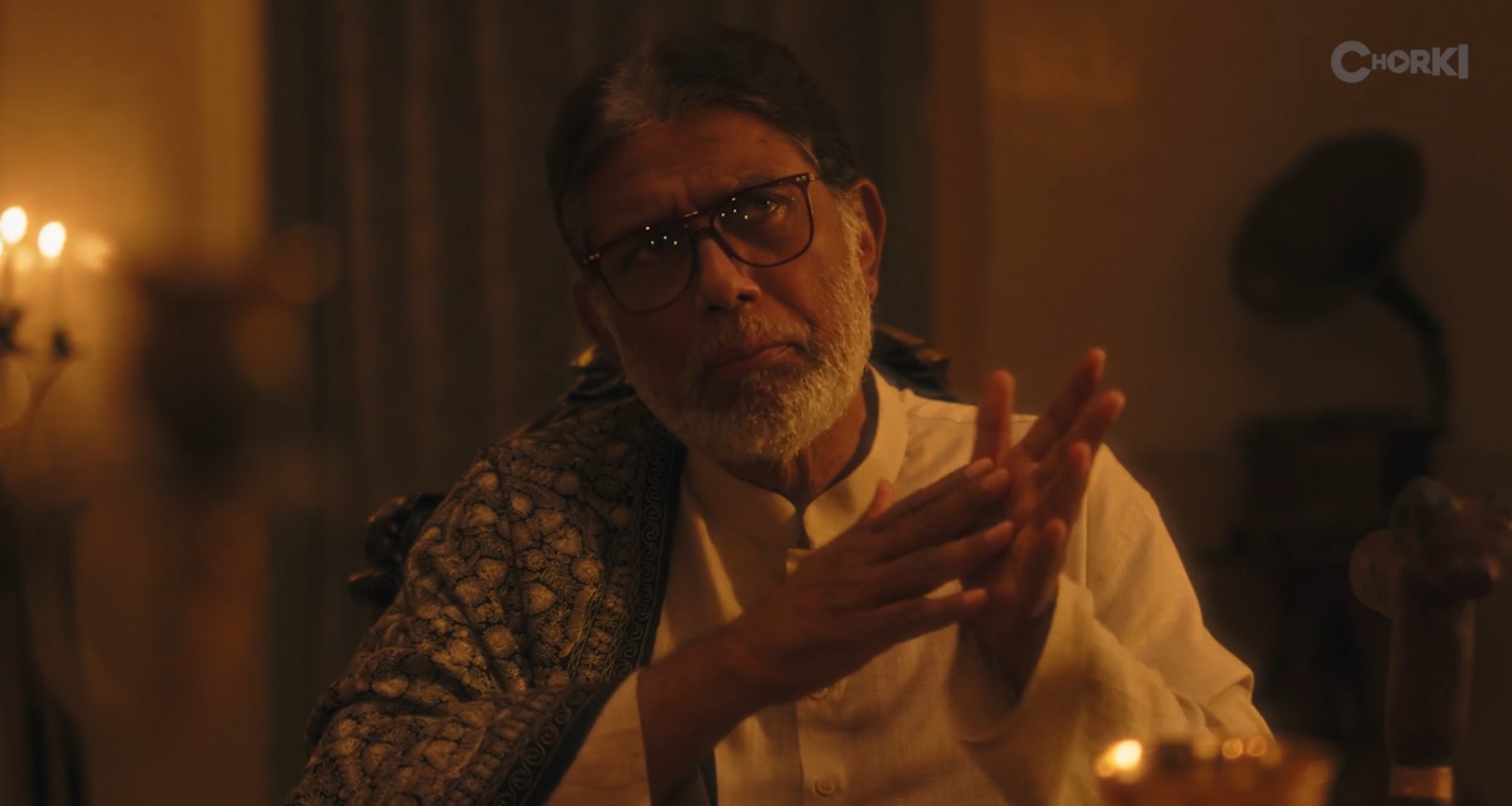
In summation, Dui Shaw offers a uniquely multifaceted journey through horror, where folklore and modern anxieties intersect. It captures how cultural myths and supernatural elements can illuminate real social ills, pressing viewers to reflect on the boundaries between the mystical and the mundane. Time, fate, memory, and ambition are not just thematic backdrops; they are forces that shape each character’s life, echoing the pressures and pitfalls of the broader world. Each tale within the anthology resonates with the understanding that, while the unknown can be frightening, the horrors birthed by human systems, manipulative ideologies, and our own unstoppable desires may prove even more terrifying.
Ultimately, Dui Shaw stands as a compelling example of modern horror that is both entertaining and profoundly reflective. Its emphasis on moral complexity and psychological depth marks it as a standout series for those seeking more than mere jump scares. By placing folklore in direct conversation with societal issues, it reinvigorates the horror genre, showing that the scariest stories often spring from the deep-seated flaws and unaddressed traumas that we carry within us or allow to persist around us. For anyone interested in horror that challenges the mind as much as it jolts the senses, Dui Shaw is an essential watch.
